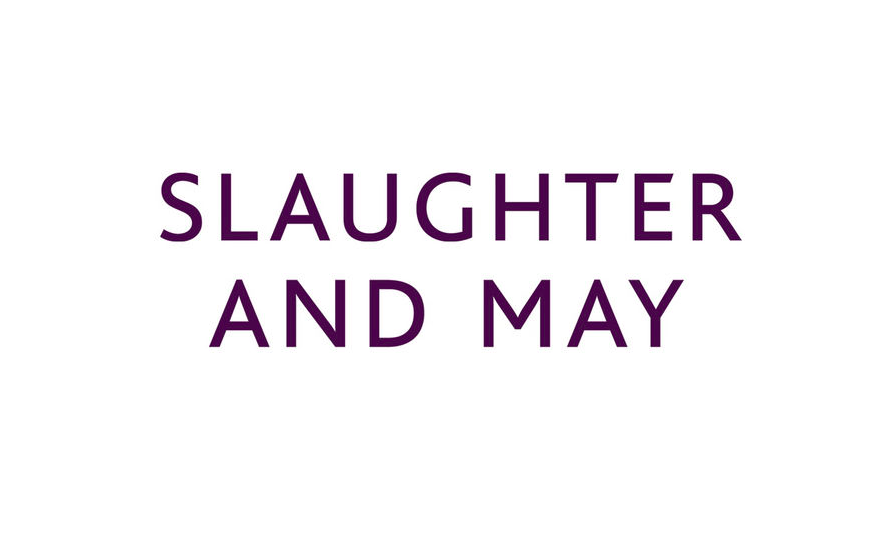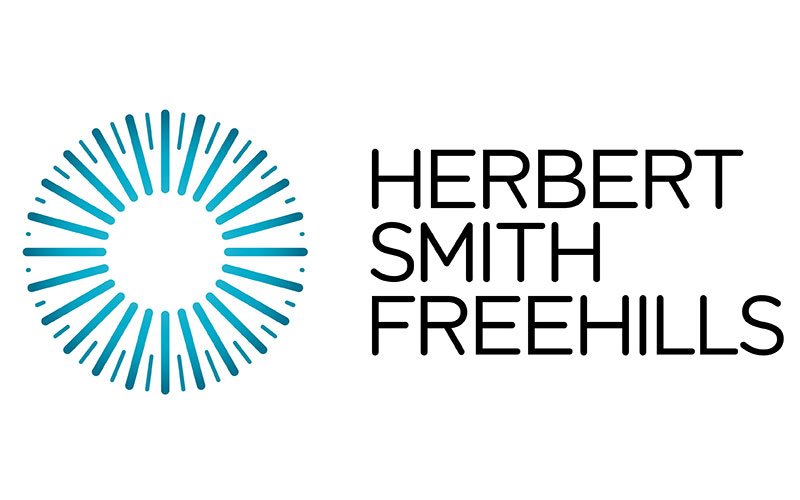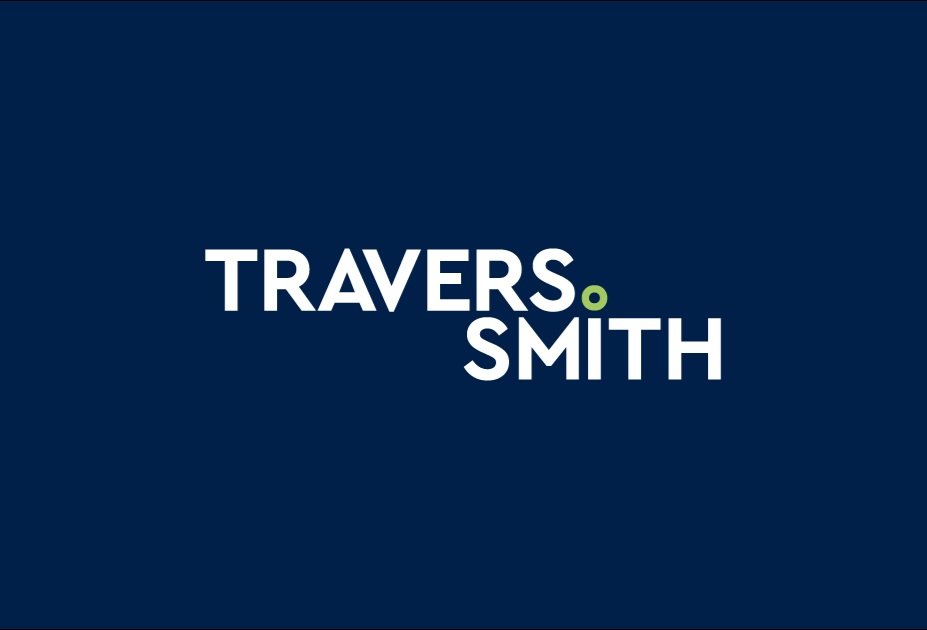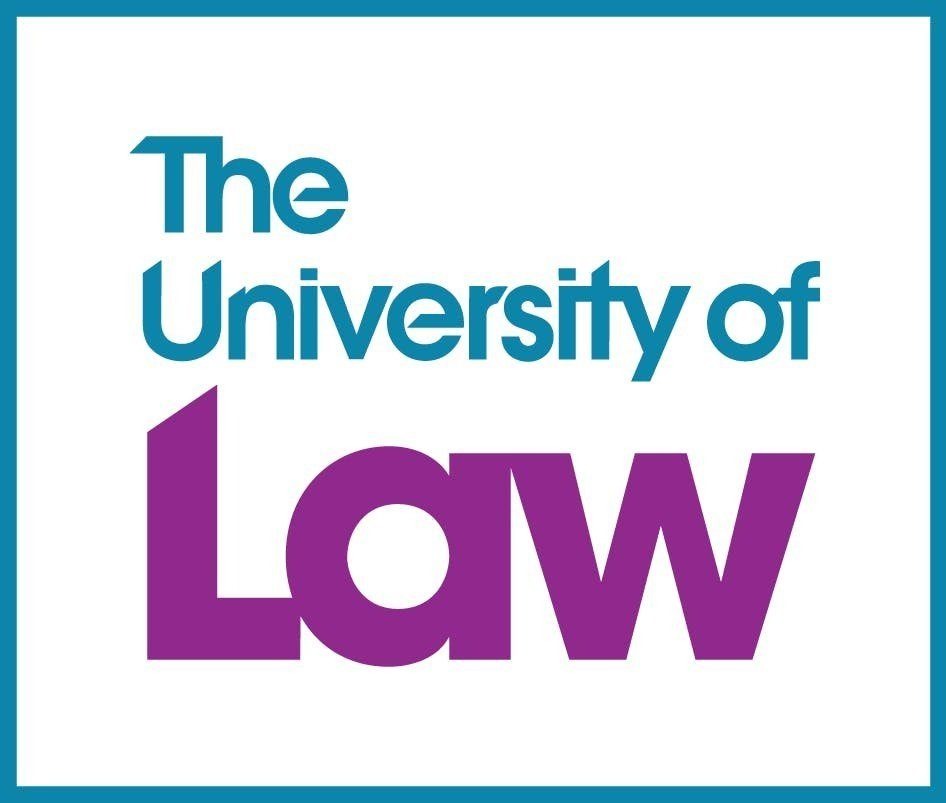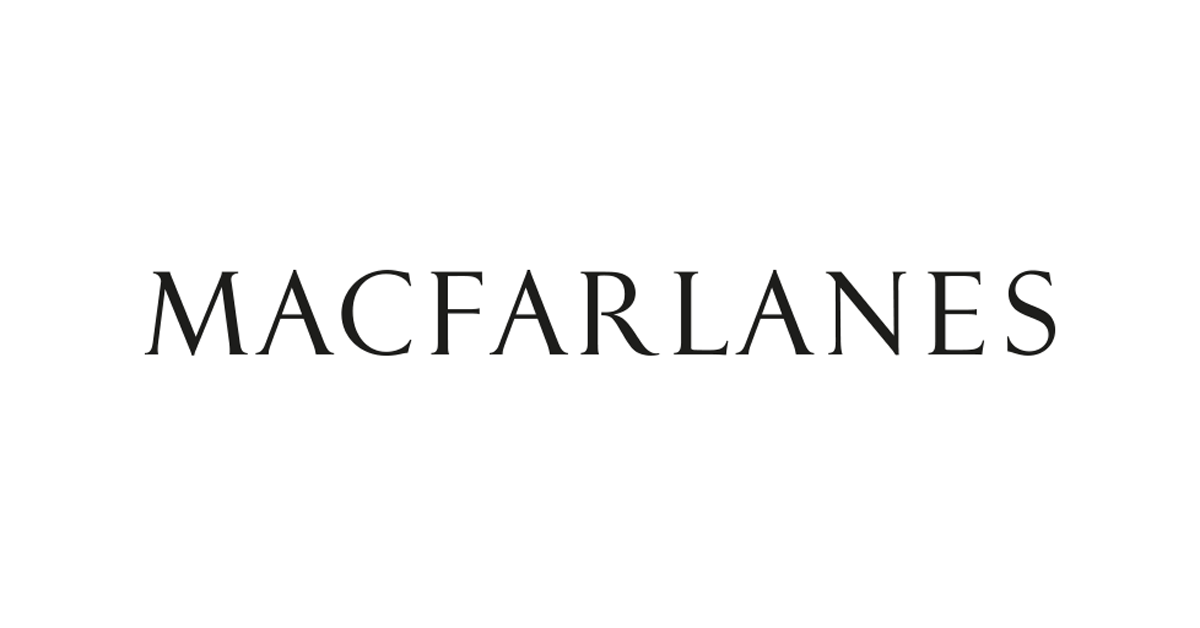A report released by UN Women UK in March 2021 revealed that 97% of 18-24 year-old women had experienced sexual harassment.[1] This issue goes further than what can be summarised succinctly as ‘lad culture.’ It has infiltrated our society on a systemic[2] level, as evidenced by investigations into the Metropolitan Police; following the rape and murder of Sarah Everard.[3] However, there does appear to be hope in immobilising this type of behaviour in the public sphere. Conservative MP, Greg Clark’s, Private Members Bill[4] recently succeeded in creating the Protection from Sex-based Harassment in Public Act 2023[5]. The act seeks to criminalise: ‘intentional harassment, alarm or distress to a person in public where the behaviour is done because of that person’s sex; and for connected purpose.’[6] This legislation finally asserts that there are measurable consequences for street harassment. No matter how fleeting the interaction is - it is no longer permissible.
When it comes to considering most criminal acts, the defendant's mens rea is central. Those defending cat-calling may suggest that the intention is to flatter and/or compliment. In response to this, I assert the definition of a compliment: ‘[a] polite expression of praise or flattery[7].’ The main difference between a catcall and a compliment is the distinction between being spoken at and spoken with. Compliments elicit responses of gratitude or a conversation, whereas cat-calling triggers a sense of fear, disturbance, and revulsion. The Vogue contributor, Cosslett, purports that catcalling ‘reminds us that, to some men, we continue to be meat’.[8] In the very language we attribute to the act of ‘catcalling’, there are animalistic and carnal connotations. Implicit in its definition and explicit in operation; there is the assertion of power imbalance that (following the language-based trend) seems redolent of prey in pursuit of a predator. Catcalls are ultimately distinguishable by their crassness. The comments made, even if not overtly sexual in content, are always focused on the ‘evaluation’[9] of one's appearance.
By the nature of what a catcall intends to achieve, is it not plausible to suggest that every catcall is threatening? For the victim, there will always be the fear that the comment will be acted upon by the perpetrator. There is also the more latent threat of escalation if the recipient decides to make their objection known. By way of the Public Order Act 1986,[10] we already have restrictions on language and behaviour that is ‘threatening’ in relation to race[11], religion and sexuality[12]. It seems that this new Protection from Sex-based Harassment Act[13] has been a long time coming. The addition of section 4B to the Public Order Act 1986[14] finally considers the everyday plight of too many women, the experience of: 'intentional harassment, alarm or distress on account of sex.[15]’
There is the potential in every catcall to cause alarm and distress. This is heightened when one has reasonable belief that an oral remark will be accompanied by imminent physical danger. The act of vocalising violatory thoughts in the form of a catcall exists on a ‘spectrum of dangerous (sexual) behaviour’[16] which is why criminalising it only seems logical.
Arguably, the act of voicing these thoughts so brazenly is predicated on a sense of entitlement. It is as though in being able to voice their opinions, perpetrators are accorded power. They have voiced their desire and objectified the recipient; justified in their eyes by the assumption that the catcall will be - the intention of the perpetrator or the negative effect it will most likely have on the recipient. It appears that the law now favours the latter. Correspondingly, the man behind the implementation of the Protection from Sex-based Harassment act, Greg Clarke, stated that his objective was to make the “streets safer for women and girls”[17]. He believed that: “In time, the house keys held clenched in the hand on the way home will be consigned to the past.[18]” As a corollary, Clarke’s assertion can be seen as the law making this achievable in practice as well as in principle.
With prisons ‘too full for rapists,’[19] it leaves one to consider how effective street harassment conviction would be in the sense of incarceration. A more cynical outlook calls into question the trustworthiness of the people working within systems (such as the Metropolitan Police, as aforementioned) that have been argued to be institutionally corrupt.[20] Furthermore, in criminal cases there is the issue of proving the crime was committed ‘beyond reasonable doubt’. Proving that incidents of harassment occurred without witnesses or body-cam footage makes it difficult to prosecute without it resulting in a he said/she said dispute.
The law is far from a rigid rule book; it is supposed to be dynamic and reflect societal shifts. How can we move towards a culture rooted in equality if we do not counter the normalisation of sex-based harassment? The introduction of the Protection from Sex based Harassment Act[21] should catalyse society’s de facto ability to contest misogynistic attitudes- especially as we are now armed with the support of legal authority.
References:
[1] United Nations Women UK, ‘Safe Spaces Now’ (UN Women UK, 22 July 2023) <https://www.unwomenuk.org/safe-spaces-now/> accessed 24th October 2023.
[2] For clarification purposes ‘systemic’ refers to something structural and established.
[3] Vikram Dodd, ‘Met Police Found to be Institutionally Racist, Misogynistic and Homophobic’, The Guardian, (London, 21 Mar 2023) <https://www.theguardian.com/uk-news/2023/mar/21/metropolitan-police-institutionally-racist-misogynistic-homophobic-louise-casey-report> accessed 24th October 2023.
[4] Protection from Sex-based Harassment in Public Act HC Bill (2022-23)
[5] Protection from Sex-based Harassment in Public Act 2023.
[6] Ibid (Long title)
[7] Oxford English Dictionary (OED), ‘Compliment (n.), sense 1.b,” <https://doi.org/10.1093/OED/4855794909.> accessed 20th October 2023
[8] Rhiannon Lucy Cosslett, ‘Catcalling Could Soon Become Illegal. Why Do People Still Insist It’s Not a Big Deal?’ (British Vogue, 8 February 2023) <https://www.vogue.co.uk/arts-and-lifestyle/article/street-harassment-illegal> accessed 29th October 2023.
[9] Autumn Whitefield-Madrano, ‘Catcalls, Compliments, and Weariness’, (The New Inquiry, 10 December 2015) <https://thenewinquiry.com/blog/catcalls-compliments-and-weariness/> accessed 19th October 2023.
[10] Public Order Act 1986
[11] Ibid, Part III ‘Racial Hatred’ s 17
[12] Ibid, F83 Part 3A ‘Hatred Against Persons on Religious Grounds‘ and F84 Part 3A ’or Grounds of Sexual Orientation’
[13] Protection from Sex-based Harassment in Public Act 2023
[14] Public Order Act 1986 s 4B
[15] Ibid
[16] The Edit: Real Talk, ‘Should Catcalling Be Illegal?’ (UNiDAYS, 18 July 2018), <https://www.myunidays.com/JO/en-GB/blog/article/should-catcalling-be-illegal> accessed 20th October 2023.
[17] Greg Clark MP, ‘Delighted that my Private Member’s Bill on public sexual harassment has passed its Third Reading in the House of Commons today‘ (update video), Twitter (@GregclarkMP, 24 March 2023) accessed 27th November 2023.
[18] Greg Clark, ‘Greg’s Bill Reaches Its Final Stage in the Commons’ (Greg Clark, 22 March 2023) <https://www.gregclark.org/news/gregs-bill-reaches-its-final-stage-commons> accessed 27th November 2023.
[19] Jane Dalton, ‘Judges Told Not to Jail Rapists Due to Overcrowded Prisons’, The Independent (London, 12 October 2023) <https://www.independent.co.uk/news/uk/home-news/prisons-overcrowding-jail-rapists-murder-b2428333.html >accessed 28th October
[20] Vikram Dodd, ‘Met Police Found to be Institutionally Racist, Misogynistic and Homophobic’, The Guardian, (London, 21 Mar 2023) <https://www.theguardian.com/uk-news/2023/mar/21/metropolitan-police-institutionally-racist-misogynistic-homophobic-louise-casey-report> accessed 24th October 2023.
[21] Ibid (n 5)
Bibliography:
Statutes
Protection from Sex-based Harassment in Public Act 2023
Public Order Act 1986
Secondary Sources
Oxford English Dictionary (OED), ‘Compliment (n.), sense 1.b,” <https://doi.org/10.1093/OED/4855794909.> accessed 20th October 2023.
‘Safe Spaces Now’ (UN Women UK, 22 July 2023) <https://www.unwomenuk.org/safe-spaces-now/> accessed 24th October 2023.
‘Should Catcalling Be Illegal?: The Edit’ (UNiDAYS, 18 July 2018) <https://www.myunidays.com/JO/en-GB/blog/article/should-catcalling-be-illegal> accessed 20th October 2023.
Cosslett RL, ‘Catcalling Could Soon Become Illegal. Why Do People Still Insist It’s Not a Big Deal?’ (British Vogue, 8 February 2023) <https://www.vogue.co.uk/arts-and-lifestyle/article/street-harassment-illegal> accessed 29th October 2023
Clark, Greg MP, ‘Delighted that my Private Member’s Bill on public sexual harassment has passed its Third Reading in the House of Commons today’ (video update) Twitter (@GregclarkMP, 24 March 2023) accessed 27th November 2023.
Clark G, ‘Greg’s Bill Reaches Its Final Stage in the Commons’ (Greg Clark, 25 March 1970) <https://www.gregclark.org/news/gregs-bill-reaches-its-final-stage-commons> accessed 27th November 2023.
Dalton J, ‘Judges told not to jail rapists due to overcrowded prisons.’ (The Independent, 12 October 2023) <https://www.independent.co.uk/news/uk/home-news/prisons-overcrowding-jail-rapists-murder-b2428333.html> accessed 28th October.
Dodd V, ‘Met police found to be institutionally racist, misogynistic and homophobic’ (The Guardian, 21 March 2023) <https://www.theguardian.com/uk-news/2023/mar/21/metropolitan-police-institutionally-racist-misogynistic-homophobic-louise-casey-report> accessed 24th October 2023.
Hindes S, Fileborn B, ‘Why did he do it? Because he’s a Fucking Bloke’: Victim Insights into the Perpetration of Street Harassment,’ (The British Journal of Criminology, Volume 63, Issue 3, 1 June 2022)
Madrano AW, ‘Catcalls, Compliments, and Weariness’, (The New Inquiry, 10 December 2015) <https://thenewinquiry.com/blog/catcalls-compliments-and-weariness/> accessed 19th October 2023.






